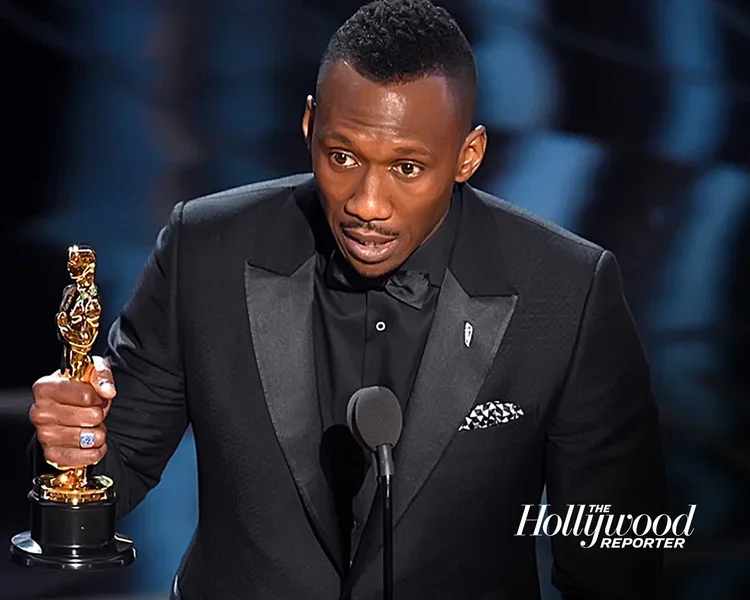3 Things Muslims Can Do to Change the Narrative in Hollywood
The entertainment industry is probably the most misunderstood industry by the Muslim community, as it has a reputation of being out of our reach. By no means is this true. The problem is not that it is out of reach, but rather that the most lucrative projects that come out of the industry are created by white men. So it is not a Muslim problem, but a problem for all content creators who are not white, male and straight. While all marginalized groups, for the most part, are part of the same struggle, Muslims have a lot of catching up to do, and more “undoing” to do. The current political climate finds us in an uphill battle, with hate crimes on the rise toward vulnerable communities and the current administration seeking ways to further marginalize us, so we have a lot riding on this. But the onus to change these narratives does not fall solely on the industry’s shoulders.


